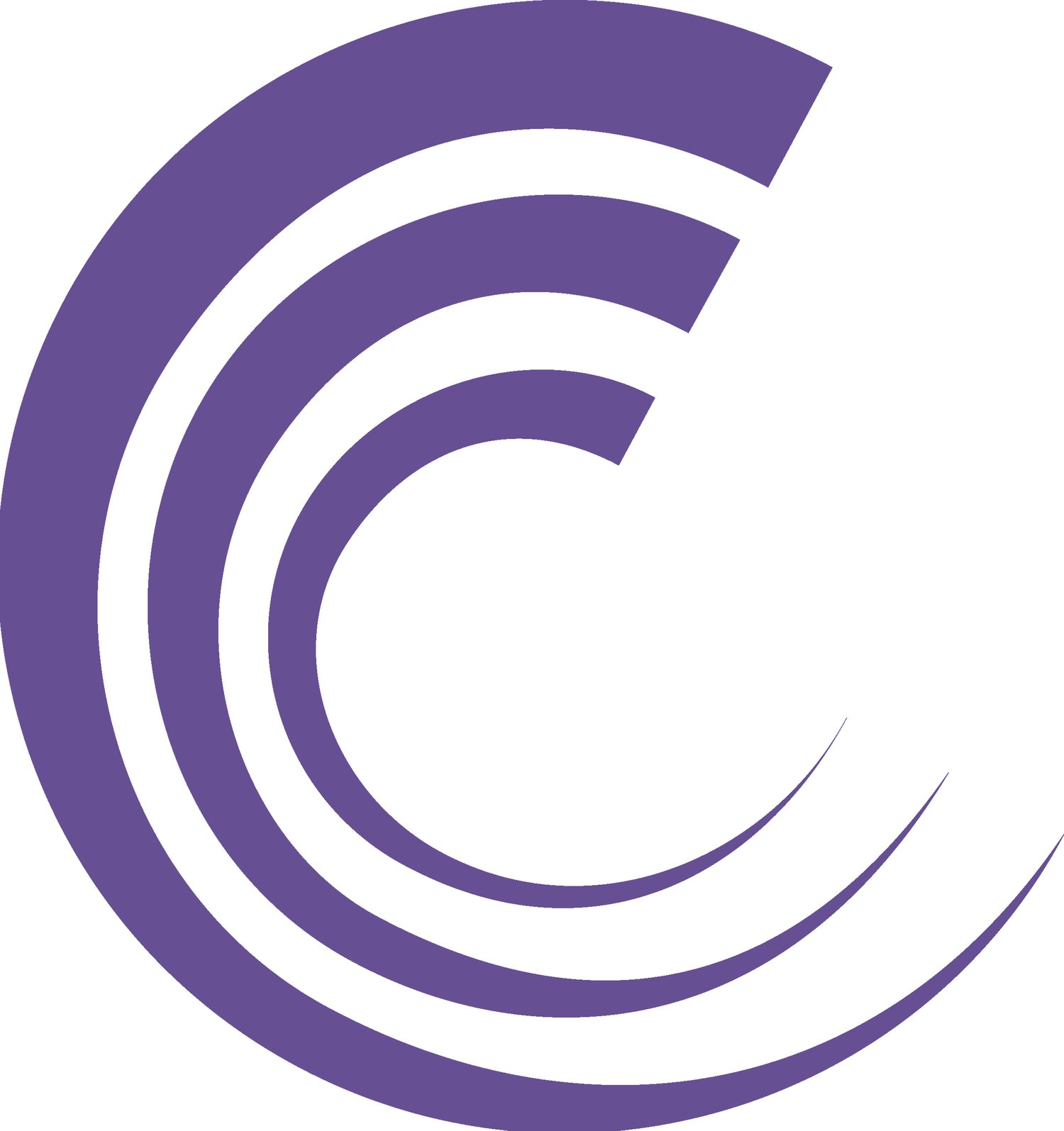Education Program
About the Program | Admissions | Licensure | Curriculum | Courses | Faculty | At Large | At Large Courses
Curriculum
The education program is a two-year program, with an optional third-year fellowship. Classes meet once a week on Fridays for three, 10-week quarters. Classes are 60 to 90 minutes long and begin as early as 9:00 AM and will last until mid- or late-afternoon, depending on the year. Students should expect to spend several hours each week doing the assigned reading necessary for the course, generally about 30 pages of dense reading per class, per week. In addition to the coursework preparation, the first-year clinical internship involves 13-14 hours each week. Students should plan carefully to meet these requirements.
The curriculum is built around three tracks: 1st) psychoanalytic theory and associated case studies; 2nd) approaches to religion/spirituality; 3rd) clinical work and associated professional requirements.
The courses on psychoanalytic theory address the origins of Self Psychology by providing a background in the foundational theories of Freud, moving nto a consideration of object relations theory, and then to a sustained focus on Self Psychology. Finally, current developments in Self Psychology and other contemporary psychoanalytic theories—namely, relational and intersubjective theory—are highlighted, along with a brief overview of attachment theory from John Bowlby and his contemporaries.
The courses on religion develop a broadened context for the clinical understanding of religious phenomena by viewing religious life from a variety of perspectives, and by examining a variety of different religions. A course on multicultural contexts of healing introduces the complexities of working in a multicultural and multiracial world.
The clinical track begins with an introduction to clinical practice and continues with the integrative case conference, which provides a forum for the integration of the theory with the student’s practicum and internship or other ongoing therapeutic/clinical practices. This track also takes up the professional, legal, and ethical issues involved in clinical practice, and includes a weekly peer group for all students In addition, once each quarter, students are invited to attend one of CRPC’s staff case conferences.
Although this is a two-year program, students may enter in either year. However, when the student enters the program, that will be his or her first year, including the first-year 100 hour practicum. The following year will be her or his second year, including the second-year 600-hour internship. For this purpose, each year is labeled either Year “A” or “B” (rather than “1” or “2”).
Students attend the following courses both in Year A and in Year B, which provide 60 classroom hours per course over the two-year period:
Human Growth and Development
Counseling Theory
Counseling Techniques
Social Cultural Foundations of Counseling
The course in Professional, Legal, and Ethical Issues provides only 45 classroom hours as it is a single-year course
The practicum and internship work will transpire as outlined above. Each are a course for “pass-fail” grade only. This will be documented on the student’s official transcripts with graduate credits for each. The student’s supervisor will serve as the faculty for each respective practicum and internship course.
Upon completion of the two years of coursework, students who wish to continue their formational experience in Self Psychology and religion and/or to continue to build the clinical hours required to sit for LCPC licensure are invited to apply to a third-year fellowship. Fellows continue to see clients at CRPC under CRPC supervision, and attend the Education Program case conference.
